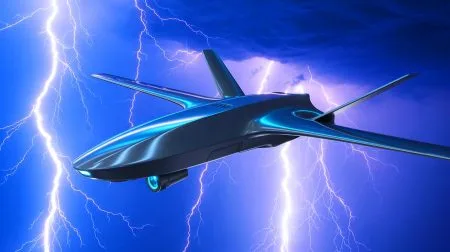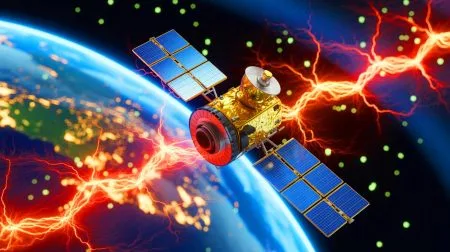The removal of EU duties on low-priced biodiesel from Argentina and Indonesia could mean a surge in imports, forcing European producers to cut output, a German biodiesel producer has warned.
“I fear the decisions to remove the anti-dumping duties will result in a flood of unfairly priced biodiesel from Argentina and Indonesia in the EU starting in April,” said Claus Sauter, CEO of biofuels producer Verbio.
“I expect that some EU biodiesel producers, especially small-sized companies, will have to reduce production or even close.”
The bloc has axed duties on biodiesel imports for 13 Argentinian and Indonesian producers after a ruling at the European Court of Justice (ECJ).
The EU set anti-dumping duties on imports of the renewable fuel from Argentina and Indonesia in 2013, but faced challenges at the ECJ and the World Trade Organisation. Both organisations have now ruled against the EU’s measures.
US agribusiness group Archer Daniels Midland said it would suspend production at a biodiesel site in Germany because of increasing imports of cheap biodiesel.
“Various unfair export taxes and other state support mean Argentine and Indonesian biodiesel can be sold in Europe at US$50 to US$60 a tonne cheaper than EU biodiesel producers can buy raw materials such as rapeseed oil,” Sauter told the media.
“This is before even EU production costs are calculated.”
The EU’s biodiesel market is about 12 million tonnes a year, mostly for blending with fossil diesel to reach EU environmental protection targets.
“I expect about 3 million to 5 million tonnes will be imported in 2018 and afterwards,” Sauter added. “As EU biodiesel is mainly produced from rapeseed oil, European farmers will lose a huge market for their rapeseed.”
The European Commission has also angered EU biofuel producers by listing straw as waste that can be used to produce “advanced biofuel” to decarbonise the transport sector.
But the EU farmers’ association argues that straw is an agricultural co-product and not waste.
In the Renewable Energy Directive proposal (RED II), the European Commission designated produce that could be considered as a second-generation or advanced biofuel to decarbonise transport. But farmers say straw has many uses, from fuel to livestock bedding.
Straw was a byproduct and not waste and it was used for animal bedding, returning to the soil as organic matter, European farming lobby group Copa-Cogeca said.
“Straw is largely used in Denmark in cogeneration facilities and the market will decide on the price for straw, according to the demand. The price of straw is variable according to local market conditions,” it said.
The commission says conventional biofuels have a high indirect land use to justify their gradual phase-out.
Italian rapeseed. Picture credit: PXHere
Did you like it? 4.4/5 (21)







